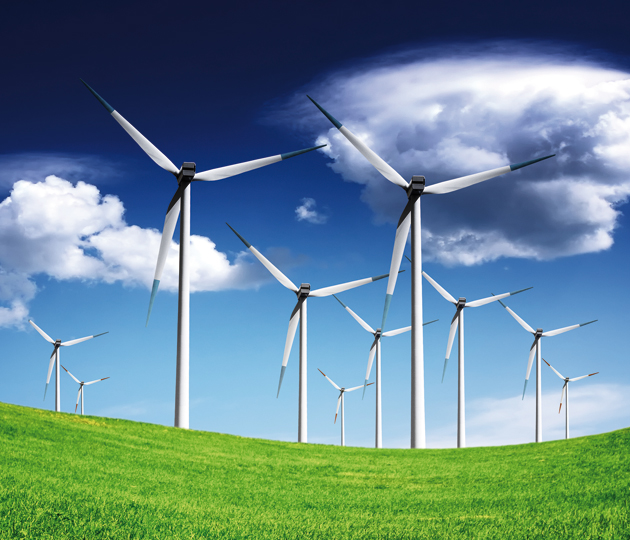 As part of our series of posts exploring a “question-centered” teaching approach, we asked Mark Maslin, author of Global Warming: A Very Short Introduction, to give us his thoughts on the above question, featured in the new course Q Skills for Success.
As part of our series of posts exploring a “question-centered” teaching approach, we asked Mark Maslin, author of Global Warming: A Very Short Introduction, to give us his thoughts on the above question, featured in the new course Q Skills for Success.
As the Director of the Environment Institute at University College London, I believe that global warming is the most serious issue of the 21st century. It challenges the very structure of our global society.
The problem is that global warming is not just a scientific concern, but encompasses economics, sociology, geopolitics, local politics, and most importantly where should we get our energy from.
Global warming is caused by the massive increase of greenhouse gases in the atmosphere such as carbon dioxide, resulting from the burning of fossil fuels and deforestation.
The most sensible approach to preventing the worst effects of global warming would be to cut carbon dioxide emissions.
The idea of cutting global carbon emissions in half in the next 30 years and by 80% by the end of the century may sound like fantasy; however, already the United Kingdom and California have made legally binding commitments to reduce carbon emissions by 80% by 2050.
There is a large range of alternative energy sources to choose from which produce very little greenhouse gases; such as solar, wind, wave, hydro-electricity, geothermal, biofuels, nuclear fission, and nuclear fusion when we finally get it to work.
In addition, if countries still have to generate energy from fossil fuels such as coal, new technology is being developed called Carbon Capture and Storage (CCS), which will prevent the harmful carbon dioxide entering the atmosphere.
This move away from fossil fuels will be driven not just by global warming, but also by the fact that gas and oil reserves are running out. Countries in the 21st century have become very aware of ‘energy security’ and want to reduce their reliance on import of fossil fuels.
This is an exciting brave new world. 70% of all global energy requirement predicted for 2030 has yet to be built. This means we have a real opportunity to change to low carbon energy production in the future.
Find out how you can use questions like “Where should our energy come from?” in class.
———————————
Mark Maslin is the Director of the Environment Institute at University College London, UK. He is the author of Global Warming: A Very Short Introduction (OUP).

